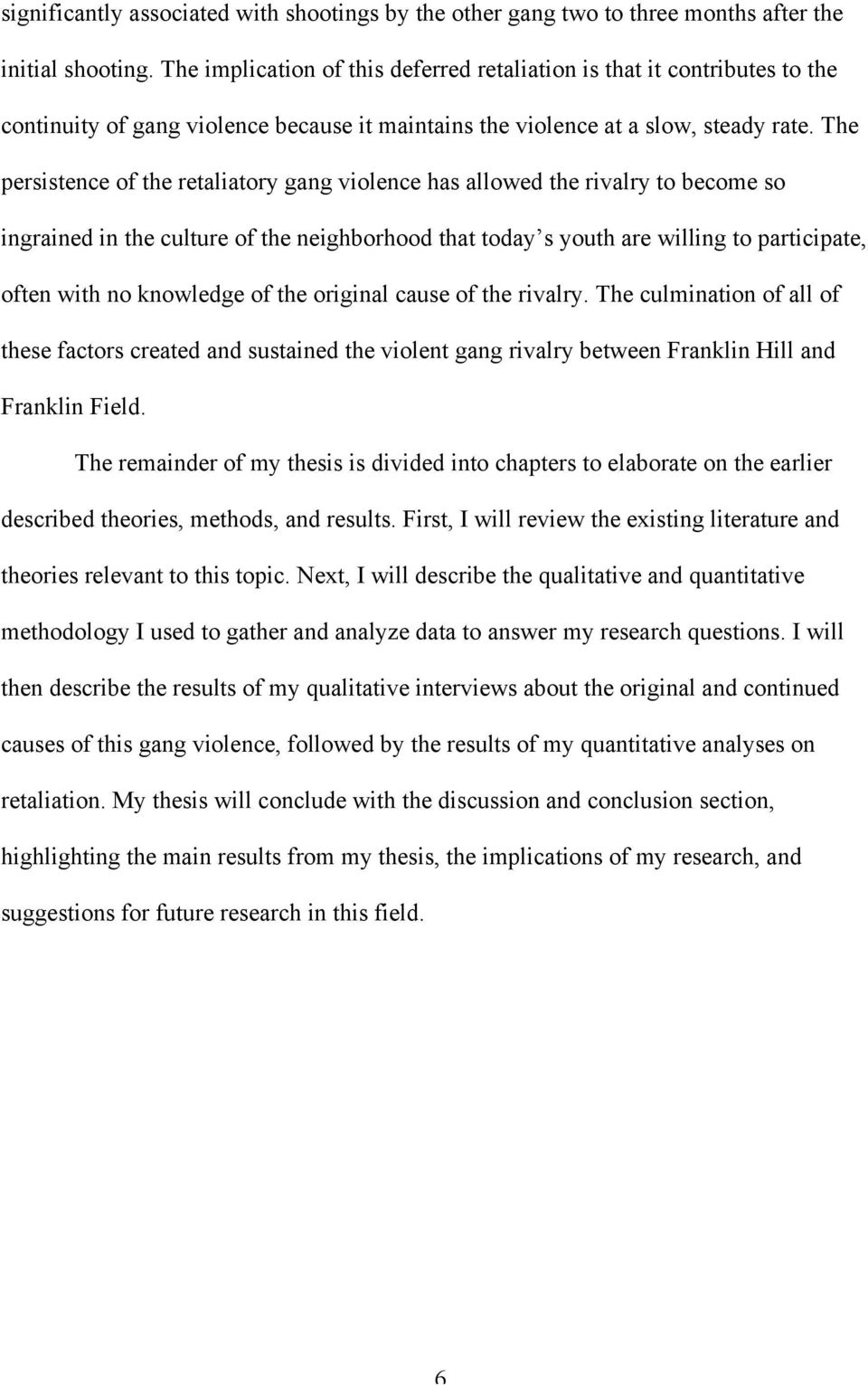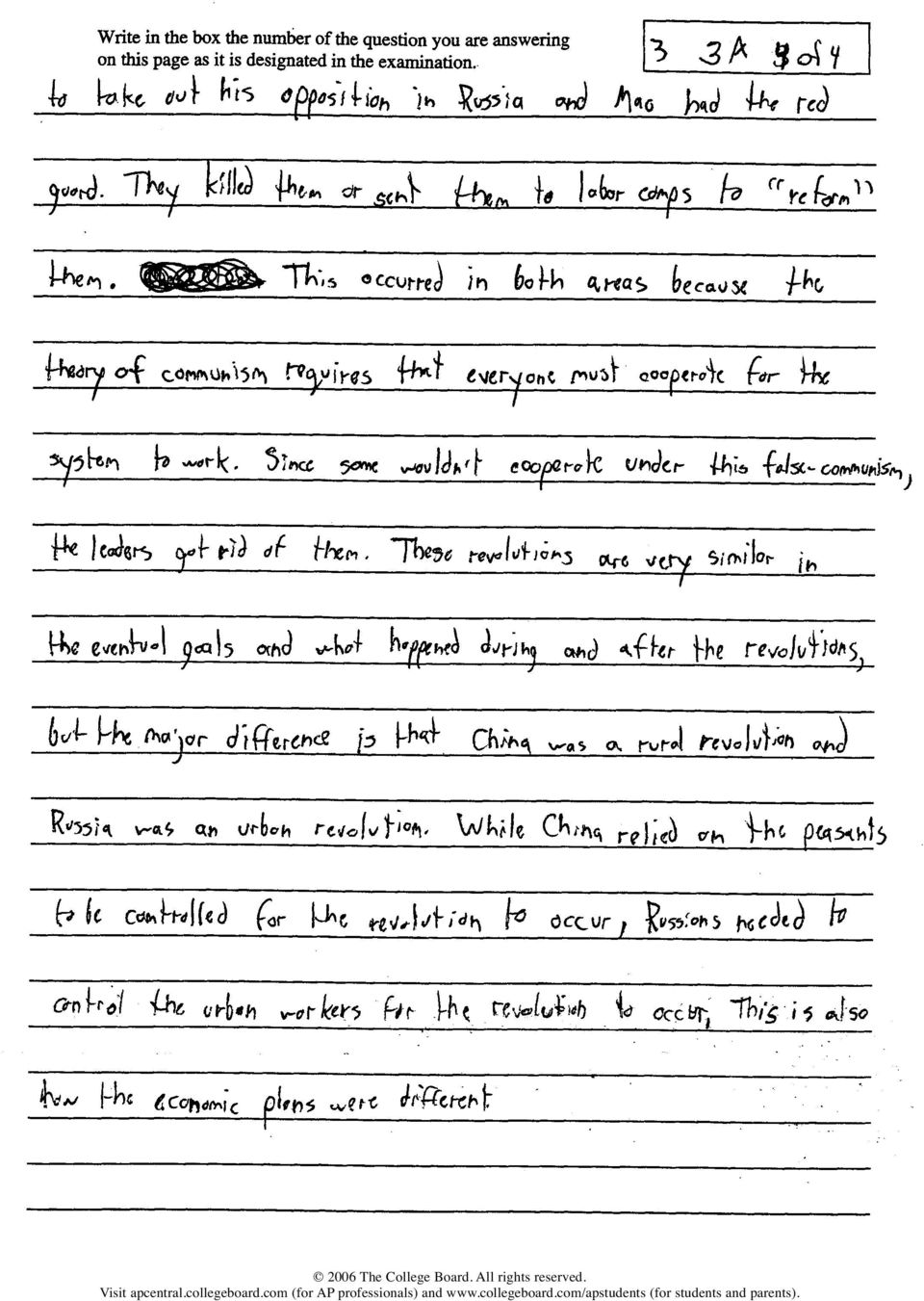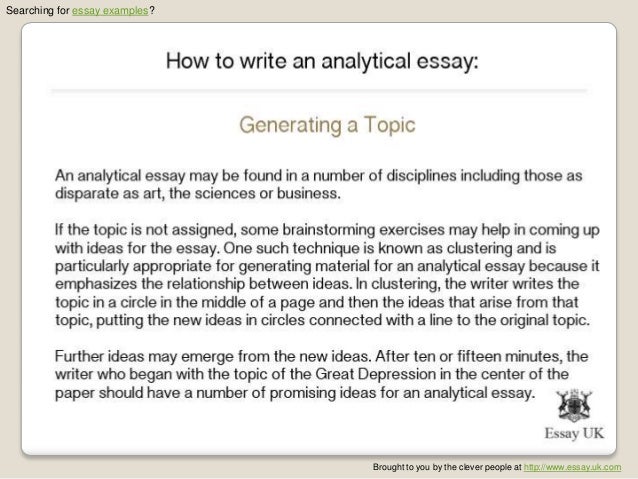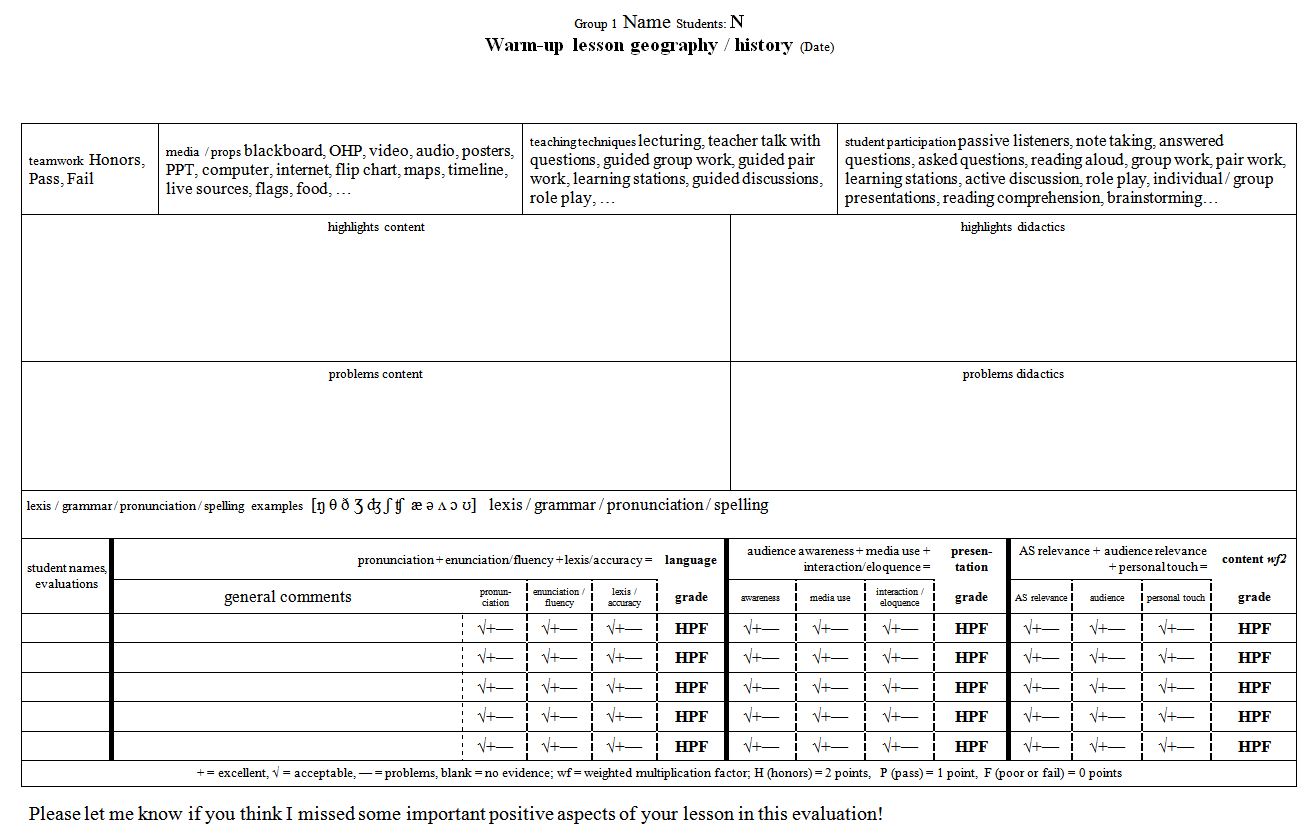The Importance Of Listening English Language Essay.
Active Listening is the single most important skill you can have in your parenting “toolbelt.” It is a specific form of communication that lets another person know that you are “with them,” aware of what they are saying, accepting of their perspective, and appreciative of their situation.
Active listening is a good way to improve your communication with your child. It lets your child know you are interested in what she has to say. To practice active listening: give your full attention to your child. make eye contact and stop other things you are doing. get down on your child’s level. and reflect or repeat back what she is.

Benefits of listening in organizational setting: There are various benefits of effective listening skills within the organization. The major factor is that whatever strategies and policies have been stated by the managers verbally those could be followed by the sub ordinates in proper manner.

Active listening is a helpful skill for any worker to develop. It helps you truly understand what people are saying in conversations and meetings (and not just what you want to hear, or think you hear). During interviews, it can help you build rapport with your interviewer.

Listening Effectively: Conclusion “Defense.gov photo essay” by Elaine Wilson. Public domain. Admittedly, this discussion of listening may add a layer of intimidation for public speakers. After all, it can be daunting to think of having to get an audience to not only hear, but also truly listen. Nevertheless, once we recognize the difference and become aware of active listening and its.

Do you actively listen when someone is talking? In this lesson, learn what active listening means, why it is important to actively listen, and identify strategies you can use to be an active listener.

Active listening means being attentive to what someone else is saying. The goal of active listening is to understand the feelings and views of the person. In fact, active listening comes from the.

Active listening is a communication approach that requires the listener to feed back what he hears to the speaker, by means of re-stating or even paraphrasing what he has heard in his own words, to ensure what he has heard and moreover, to confirm the understanding of both sides.

Maximizing your active listening skills in your Special Education classroom can lead to an open line of communication that cannot be underestimated. Listening skills are the skills that ensure your Special Education students can effectively communicate with you and each other. This will help prevent them from falling through cracks in the system.

Such type of essays can be very helpful for parents to make their kids actively participating in the extra-curricular activities including essay writing, debate, discussion, etc. These Essays are written in very simple and easy language using very easy words. These are easily understandable by any student.

The definition of active listening with examples. Active listening is the practice of completely focusing on listening with a series of techniques designed to keep your mind from drifting off. It is common for people to day dream or allow their mind to go off on a tangent while someone is speaking.

Dictate a list of words which appear in the song in a random order, and add one extra word which doesn't appear. Students write the words then listen to the song, ticking off the words as they hear them, to discover which was the extra word. While listening activities. Students listen and delete extra words which they do not hear.

Selective attention is the process of directing our awareness to relevant stimuli while ignoring irrelevant stimuli in the environment. This is an important process as there is a limit to how much information can be processed at a given time, and selective attention allows us to tune out insignificant details and focus on what is important.



